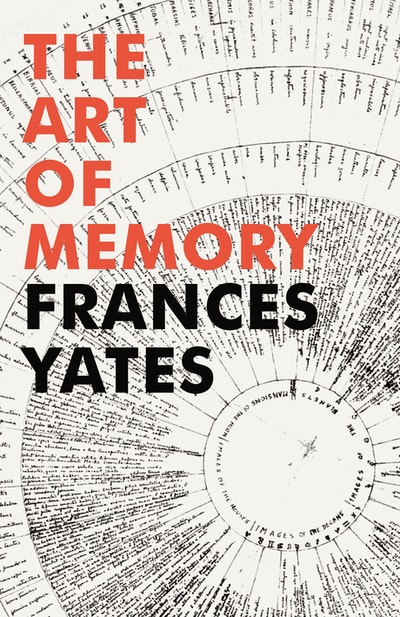[]
The Art of Memory
Formats & editions
Buy from…
- Published: 31 October 2011
- ISBN: 9781448104130
- Imprint: Vintage Digital
- Format: EBook
- Pages: 448
Frances Yates is that rare thing, a truly thrilling scholar
Michael Ratcliffe, The Times
One of those quite remarkable and unclassifiable books on the history of knowledge which suddenly makes sense of three or four issues in terms of one commanding metaphor
Jonathan Miller, Observer


